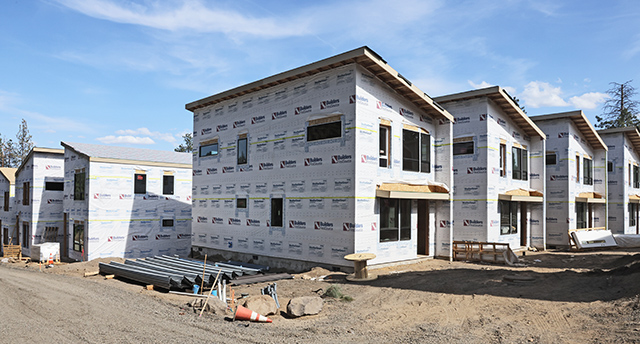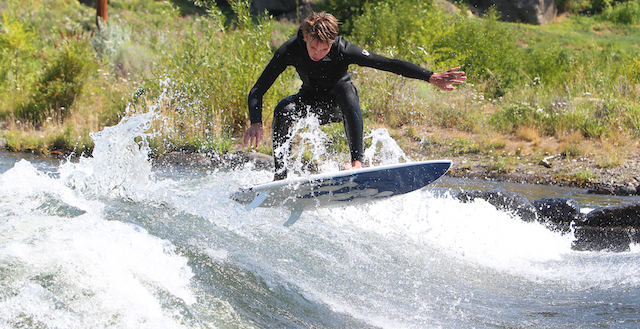Editorial: Governor candidates should schedule series of debates
Published 12:00 am Thursday, July 24, 2014
Campaign debates have long provided voters a chance to see with their own eyes how candidates differ, both in ideas and demeanor. From the daylong outdoor events of the Lincoln-Douglas campaign of the mid-1800s, to the televised spectacle of Kennedy-Nixon in the mid-1900s, to last week’s digitally live-streamed meeting of Oregon’s gubernatorial candidates, technology continues to broaden access.
But first, the candidates have to agree to participate.
For last week’s meeting before the Oregon Newspaper Publishers Association in Salem, Republican challenger Rep. Dennis Richardson took less than a week to say yes after the invitations went out in May. Democratic incumbent Gov. John Kitzhaber, on the other hand, didn’t confirm his attendance until July 1.
More important, no further debates have been scheduled.
Richardson says he wants more debates; the Kitzhaber campaign says it would be unlikely that this early debate would be the only one.
Debates are often criticized as (1) not really debates, and as (2) scripted events that don’t go beyond sound bites. True, to a degree, but they still provide voters an unfiltered view of the candidates, a direct look at what they say and how they conduct themselves.
It’s well worth the time to watch the video of last week’s matchup, available at bendbulletin.com/debatevideo. You’ll see agreement: Both have reservations about legal recreational marijuana but support open primaries. And you’ll see disagreement: Richardson opposes the Common Core State Standards and criticizes the governor on Cover Oregon and the Columbia Crossing Bridge, while Kitzhaber touts his education and health reforms.
But no summary you can read will give you the same insights you’ll get by seeing it for yourself.
In Oregon’s last gubernatorial campaign, Kitzhaber and challenger Chris Dudley met in only one such event, although it was much later in the season. We urge Kitzhaber and Richardson to take a different approach. They should honor voters by agreeing to a series of meetings, ensuring they are streamed live and then made available for later viewing.
Those debates should also be scheduled at a variety of locations. Despite technology’s reach, the need remains to reach out to all regions of Oregon, not just its population centers in the Valley.







